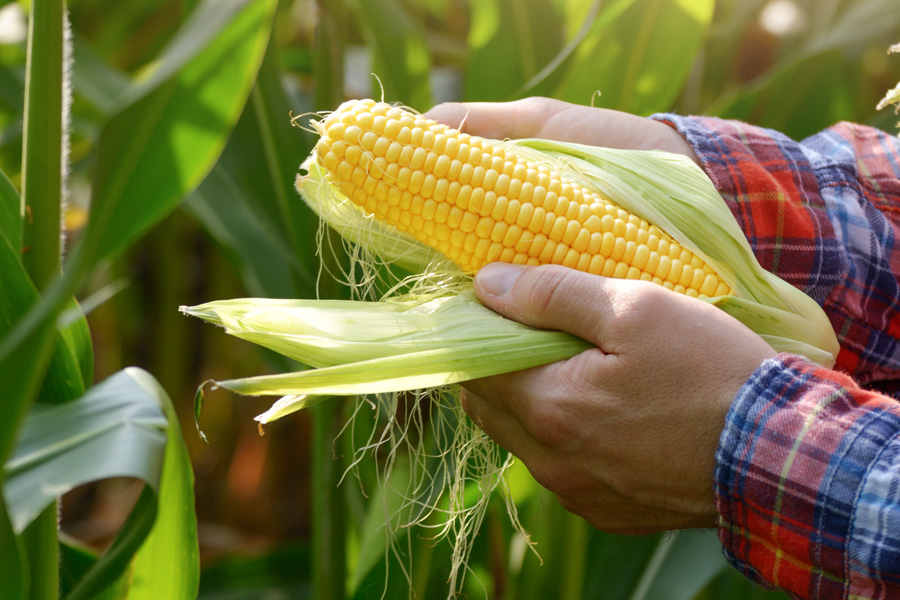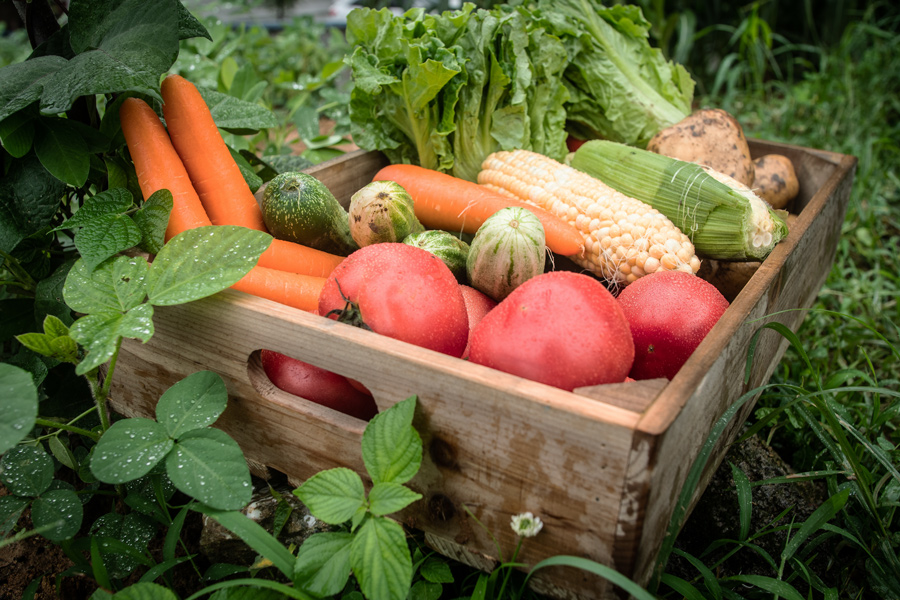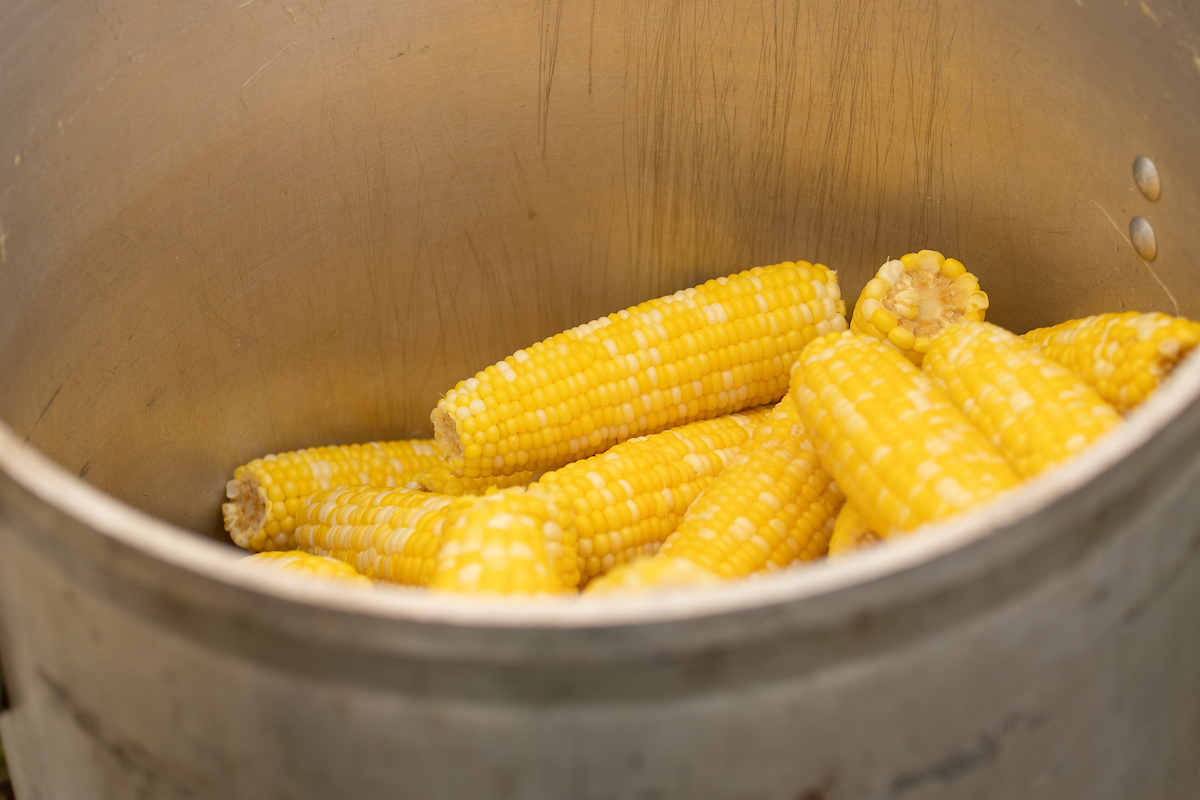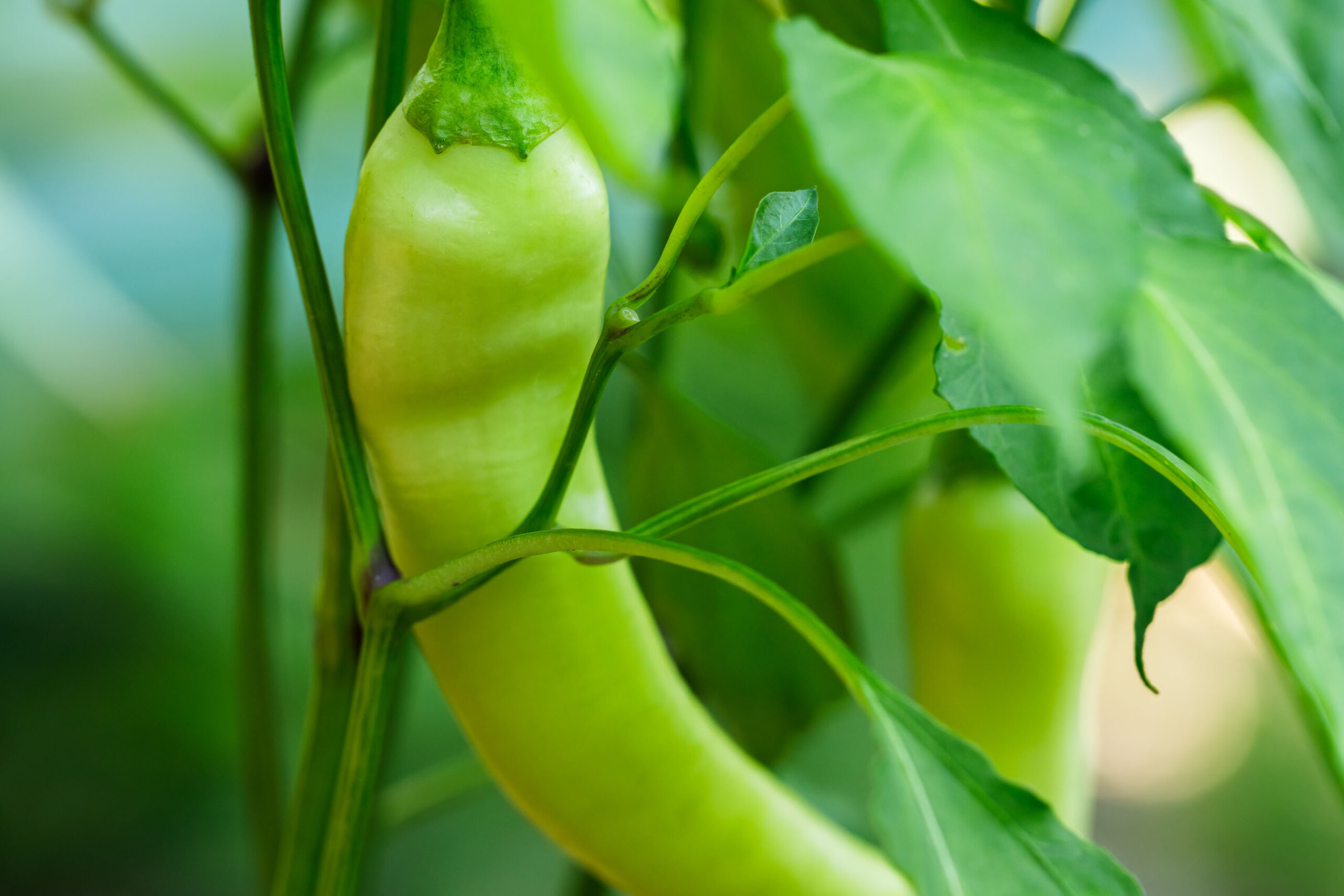Corn
-

A farm’s return on investment is directly affected by the way water is applied to its crops. The wrong end-gun settings can result in overwatering or underwatering large portions of field acres. Clogged or partially clogged nozzles lead to obvious water shortages that can be visually observed or measured using yield monitors. Systems not properly checked and maintained can lead to significant losses in potential income. This irrigation reference guide will contain information provided by UGA Extension recommended irrigation scheduling rates for corn, cotton, peanuts and soybeans. The guide will also recognize specific center pivot application issues and how to correct them.
David Hall and Wesley Porter
|
-

Harvest losses can rob you of profit from grain and bean production. Harvest losses of 10 percent or more are not unusual, when they should be in the 2 to 4 percent range. If you do not check losses behind your combine, you have no idea what the losses are and where they occur during harvesting. The following procedure outlines how to measure losses during harvest. It also shows you where the losses occur. The grain or beans saved mean that much more profit saved.
Paul E. Sumner
|
-

This publication addresses safety issues inherent to corn production before and during a corn production season. We have divided safety issues into General Health and Safety, Corn Harvest, Corn Grain Bin, and Augers. Safety tips are presented that should be reviewed by anyone involved with corn production on the farm.
Glen C. Rains and Paul E. Sumner
|
-

The field is a complex environment with many factors that can interact to influence the growth of a corn plant. These factors can be living in the form of insects, diseases, nematodes and weeds; or, they can be non-living such as weather, nutrients or chemicals. In the proper combination of factors, corn can produce more than 200 bushels per acre in the Southeast; or in a totally unfavorable combination, every corn plant can die. When a problem is identified, it is important to determine the extent and severity of the problem to decide whether corrective measures are necessary or available. Use this guide and other technical information before implementing any management decision. Contributing authors to the original manuscript include: University of Georgia: Dewey Lee, former Extension Agronomist; Eric Prostko, Extension Weed Scientist; Steve Brown, former Extension Entomologist; Randy Hudson, former Extension Entomologist; and Bob Kemerait, Extension Plant Pathologist; University of Florida: Greg McDonald, Weed Scientist; Mississippi State University: Richard Baird, Plant Pathologist; Auburn University: Paul Mask, Extension Agronomist, and Kathy Flanders, Extension Entomologist.
G. David Buntin, Eric P. Prostko, and Robert C Kemerait Jr
|
-

The growth and development of sweet corn is affected by accumulated heat units, measured in growing degree days (GDDs). This publication provides South Georgia sweet corn growers with insights into the relationship between temperature and GDD units and the key growth stages of sweet corn. This will help growers make informed decisions about the timing for planting, management practices, irrigation, and harvesting.
George Vellidis, Ted McAvoy, and Emily Kranz Bedwell
|
-

This publication lists vegetable variety recommendations for the state of Georgia. Most of these varieties have been trialed and grown successfully in the state. These are not the only varieties that can grow well in Georgia but provide new gardeners with a starting point to increase their chances of success. Gardeners may need to search print catalogs and online to find the vegetables they are looking for, as local garden centers may not always carry the varieties listed here.
Bob Westerfield
|
-

AP 130-3-09
2025 Corn, Soybean, and Wheat Outlook
1. Tight margins are expected to continue in 2025 for corn, soybeans, and wheat with commodity prices likely near or below the breakeven cost of production.
2. Bountiful grain and oilseed production, combined with a strong U.S. dollar and uncertain trade policy, leads to expectations for lower prices in 2025.
3. Expect more acres planted to corn, fewer acres planted to soybeans, and wheat plantings comparable to last year.Amanda R Smith
|
-

AP 132-01
2024 Georgia Corn Production Guide
This is the Extension Corn Team’s full production guide for recommended practices to plant and maintain a corn crop in Georgia. Topics include agronomic practices, growth and development, fertilization, irrigation, weed, insect and disease management, harvesting and drying, protecting stored corn, soil health, and economics/budgets.
G. David Buntin, Eric P. Prostko, Robert C Kemerait Jr, Amanda R Smith, Ronald Scott Tubbs, Wesley Porter, Guy Hancock, Henry Y. Sintim, Glendon H. Harris, and Michael D Toews
|
-

This publication discusses heirloom vegetable choices and some of the common issues that growers may encounter when growing heirloom vegetables in a home garden setting. Additional author: Whitney Richardson, University of Georgia Center for Urban Agriculture, with technical assistance from Makenzie English, University of Georgia Department of Horticulture Program Assistant.
Bob Westerfield
|